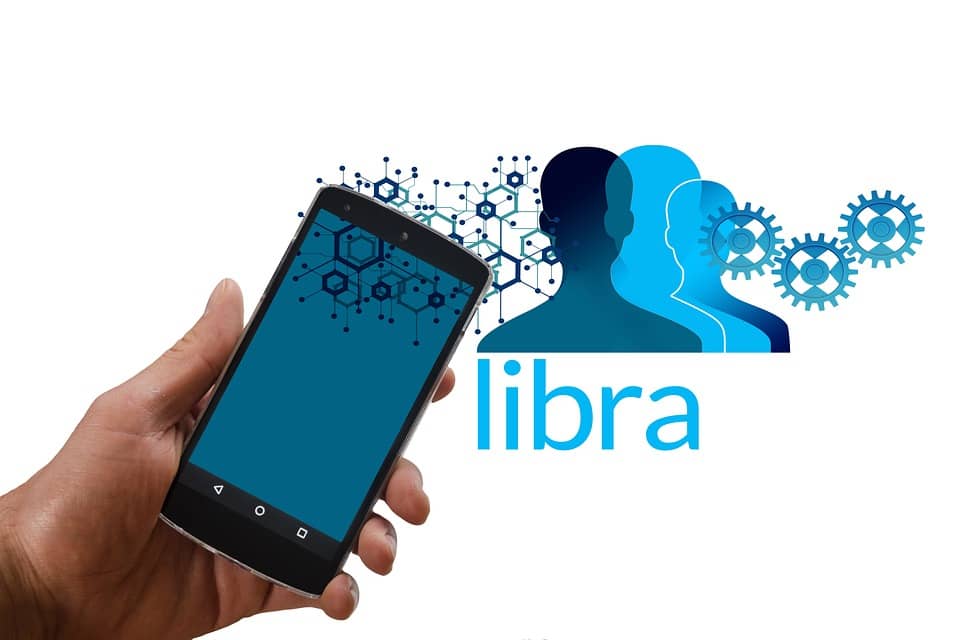Blockchain in the Real Estate Market: A New Era of Digital Property Deeds and Transactions
The real estate industry has traditionally been slow to adopt new technologies, preferring tried and true methods that have worked for centuries. However, the rise of blockchain technology is revolutionizing the way properties are bought, sold, and transferred, bringing with it a new era of digital property deeds and transactions. In this article, we’ll explore how blockchain is transforming the real estate market and the benefits it offers.
A Brief Overview of Blockchain
For those unfamiliar with blockchain technology, it’s essentially a decentralized, digital ledger that records transactions and data across a network of computers. The concept of blockchain was first introduced in 2008 by an anonymous individual or group using the pseudonym Satoshi Nakamoto. The most well-known application of blockchain is cryptocurrencies, such as Bitcoin and Ethereum. However, its uses extend far beyond digital currency, with the real estate industry being one of the latest beneficiaries.
Blockchain in Real Estate: A New Era of Security and Transparency
One of the primary benefits of blockchain in real estate is increased security and transparency. Traditional real estate transactions are often fraught with paperwork and complexity, making them vulnerable to fraud and errors. Blockchain technology addresses these issues by providing a tamper-proof and transparent record of property ownership, allowing for smoother and more secure transactions.
For example, the transfer of ownership is a notoriously lengthy and paperwork-heavy process in the real estate industry. Blockchain technology streamlines this process, ensuring that title ownership is immediately and publicly visible, eliminating the risk of title disputes and related lawsuits.
Another significant benefit of blockchain in real estate is increased efficiency. Paperwork-heavy processes are automated, reducing the risk of human error and streamlining the entire transaction process. This means that properties can be sold, transferred, and financed faster and more easily than ever before.
Real-World Examples of Blockchain in Real Estate
Several real estate companies and governments have already started using blockchain technology to improve property transactions. Here are a few examples:
- Maarssen, Netherlands: In 2017, the municipality of Maarssen began using blockchain to register property transactions. This system has increased the speed and transparency of transactions, making it more efficient and cost-effective.
- Papua New Guinea: In 2019, the Papua New Guinea government launched a blockchain-based land ownership system to secure property rights and prevent disputes. This system ensures that land ownership is publicly recorded and transparent, reducing the risk of fraudulent transfers.
- Proprty Shark: In 2019, Proprty Shark, a leading real estate development company, began using blockchain technology to streamline property sales. The company uses blockchain to create and manage digital property deeds, providing a secure and transparent record of ownership.
Benefits of Blockchain in Real Estate
So, what are the benefits of using blockchain technology in the real estate industry? Here are a few:
- Increased security: Blockchain technology provides a secure and tamper-proof record of property ownership, eliminating the risk of title disputes and related lawsuits.
- Improved transparency: Blockchain technology increases transparency in real estate transactions, providing a publicly visible record of property ownership and transfers.
- Reduced costs: Automation and streamlined processes reduce costs associated with property transactions, such as paperwork, fees, and delays.
- Increased efficiency: Blockchain technology streamlines the entire transaction process, making it faster and more efficient to buy, sell, and finance properties.
- Decentralized control: Blockchain technology provides decentralized control, eliminating the need for intermediaries and increasing trust in property transactions.
Conclusion
The adoption of blockchain technology in the real estate industry is transforming the way properties are bought, sold, and transferred. By providing increased security, transparency, and efficiency, blockchain technology is streamlining the transaction process, reducing costs, and increasing trust. As the use of blockchain technology continues to grow, we can expect to see significant changes in the way we conduct real estate transactions, ultimately making the industry more secure, efficient, and cost-effective.
Frequently Asked Questions (FAQs)
Q: What is blockchain technology?
A: Blockchain technology is a decentralized, digital ledger that records transactions and data across a network of computers.
Q: How does blockchain technology apply to real estate?
A: Blockchain technology can be used to record property ownership, track transfers, and secure property transactions.
Q: What are the benefits of using blockchain technology in real estate?
A: The benefits of using blockchain technology in real estate include increased security, transparency, reduced costs, and increased efficiency.
Q: How do I get started with blockchain in real estate?
A: There are several blockchain-based real estate platforms and services available, making it easy to get started with blockchain in real estate.
Q: Is blockchain technology only used for digital currency?
A: No, blockchain technology has uses beyond digital currency, including supply chain management, identity verification, and real estate transactions.
By understanding the basics of blockchain technology and its applications in the real estate industry, we can take advantage of its benefits and stay ahead of the curve in this rapidly evolving field.
Targeted Keywords: blockchain, real estate, digital property deeds, transactions, security, transparency, efficiency, decentralized control
Meta Description: Discover how blockchain technology is transforming the real estate industry with increased security, transparency, and efficiency. Learn how digital property deeds and transactions are changing the game for buyers, sellers, and developers alike.
Header Tags:
- H1: Blockchain in the Real Estate Market: A New Era of Digital Property Deeds and Transactions
- H2: A Brief Overview of Blockchain
- H2: Blockchain in Real Estate: A New Era of Security and Transparency
- H2: Real-World Examples of Blockchain in Real Estate
- H2: Benefits of Blockchain in Real Estate
- H2: Conclusion
- H2: FAQs
Note: This article is written with an SEO perspective in mind, using targeted keywords, meta descriptions, and header tags to help users easily understand the benefits and applications of blockchain technology in the real estate industry.

Leave a Reply